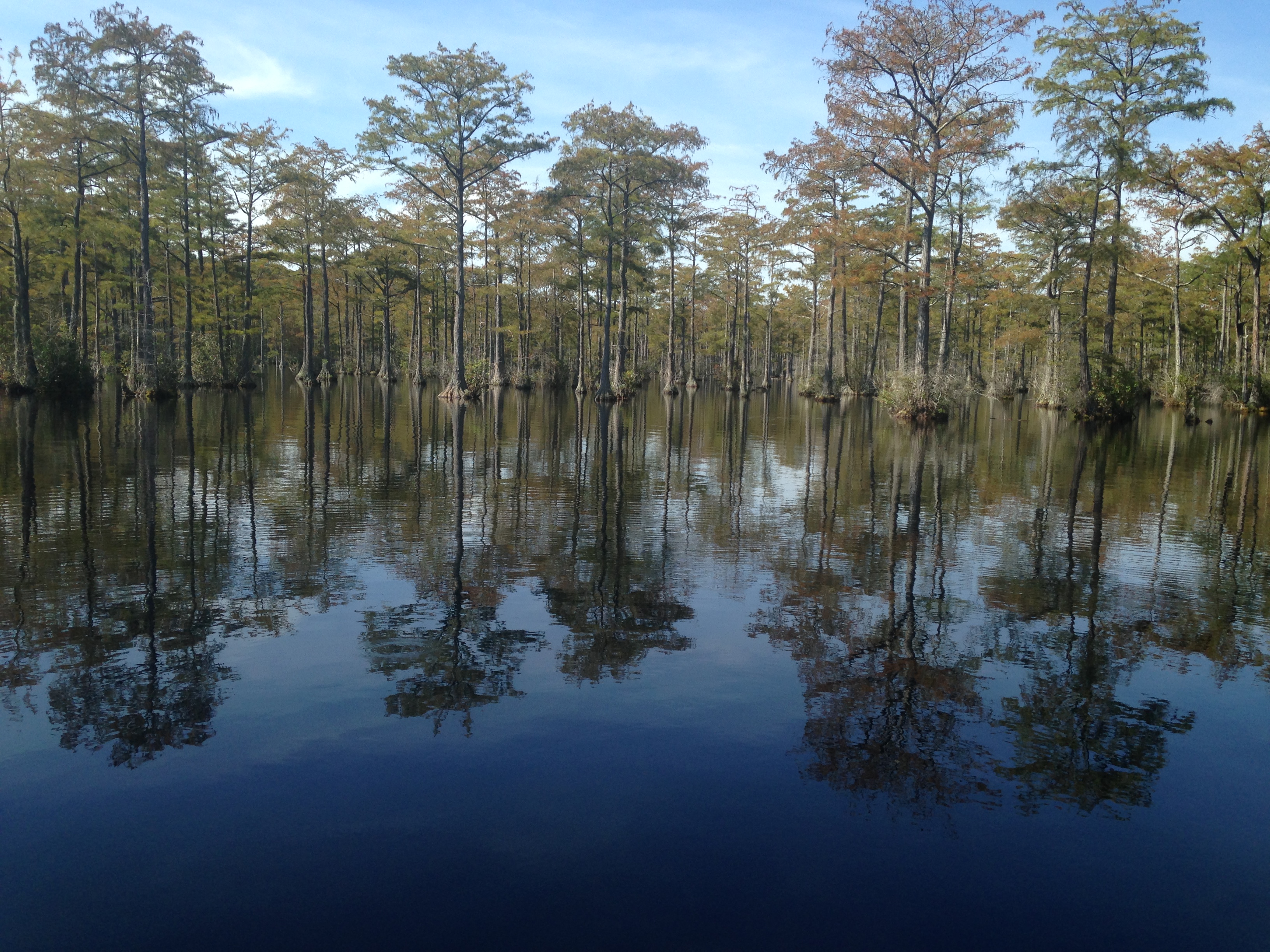Occupational Summary
The Lipshutz Lab at Duke University is recruiting an avian physiology technician to contribute to a project investigating how anthropogenic noise and light pollution influence avian behavior, endocrinology, and transcriptomics. The successful applicant will coordinate and conduct field and laboratory-based research activities at a long-term field site in New Mexico (April – July 2024).
Duties and Responsibilities
- Organize and maintain up-to-date sample collection schedule
- Identify bird species and color banded individuals using binoculars
- Nest searching and monitoring for passerines
- Conduct behavioral observations and experiments
- Capture and handle birds with mist-nets and nest box traps
- Metal and color banding
- Measure morphological and other phenotypic traits
- Collect blood samples using RNAse-free techniques
- Coordinate access to dry ice, liquid nitrogen, and freezers for sample preservation
- Process blood samples for hormonal, transcriptomic, and genomic analyses
- Confer with principal investigators to review work assignments, develop plans for research experiments, and modify existing field procedures as required
- Review protocols and scientific literature for information applicable to research experiments
- Collect and organize data, document and draw conclusions from experimental results.
Supervisory Responsibilities
- Supervise, advise, and coordinate team members in research protocols
- Train and monitor new personnel to ensure compliance with policies and procedures
- Ensure timely and thorough data entry and inventory of biological samples
- Supervisees may include: intermittent field technicians, graduate and undergraduate student employees
Position Requirements
- Excellent organizational and data management skills
- Effective prioritization and planning and meet research goals and timelines
- Desire to lead, train, and evaluate performance of personnel in assigned tasks
- Strong interpersonal skills to establish and maintain collaborative and effective working relationships with a diverse team
- Flexibility to live and work at field site for 4 months, with variable schedules as required for fieldwork
- A valid driver’s license
Physical Requirements
- Hearing and speaking to exchange information in person or on the telephone
- Ability to use a computer keyboard and calculator
- Seeing to read a variety of materials
- Sitting, standing, and/or hiking for extended periods of time
- Physical agility to lift 30lbs to shoulder height and carry, push, or pull objects
- Tasks are regularly performed with exposure to adverse environmental conditions
The above statements describe the general nature and level of work being performed by individuals assigned to this classification. This is not intended to be an exhaustive list of all responsibilities and duties required of personnel so classified.
Salary and Benefits
Salary $15-17 per hour depending on experience. Housing and transportation will be provided for duration of field season. This is a contract-based position. Additional benefits, including health insurance, are not provided. There is potential to extend to a lab-based and/or bioinformatics position, with benefits, for the academic year.
Application Details
Individuals that meet some but not all of the position qualifications are encouraged to apply, especially those from traditionally underrepresented groups in the STEM and wildlife ecology disciplines including but not limited to women, people of color, members of the LGBTQIA2S+ community, and members of indigenous communities.
To apply, please email Dr. Sara Lipshutz at sara.lipshutz[at]duke[dot]edu with:
- Cover letter (1-2 pages) detailing how the applicant meets the required qualifications, with particular emphasis on bird capture, banding and bleeding, and highlighting additional skills or experiences that would allow the applicant to succeed in this role, as well as available start and end dates
- Detailed resume with 3 references (please indicate your relationship to each)
- Please include “Field Technician Position – Avian Physiology” in the subject line.





